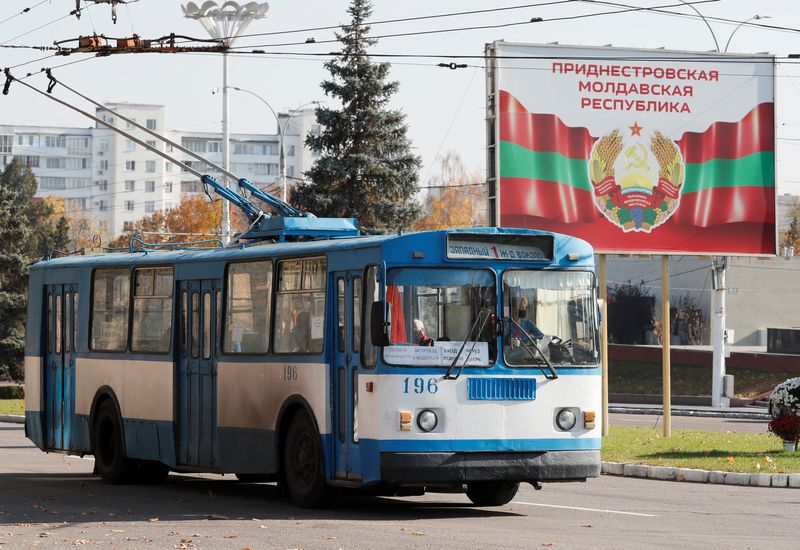Can Inflation be negative?
While it is common for most economies to experience a regular rise in prices, inflation can also be negative. In that case, the purchasing power of a currency will increase while item prices will fall. This process is known as deflation or negative inflation. Deflation is not as common as inflation. While it is the opposite of inflation, deflation can also adversely affect an economy or currency.What is Deflation?
Deflation is when the prices of goods and services fall in an economy. It also accompanies a rise in the purchasing power of the currency. Deflation occurs when the demand for goods or services falls in the economy or when the supply exceeds it. In other circumstances, the money supply in the economy also affects whether it will experience inflation or deflation. Deflation can be beneficial for the people in the economy. However, it may also signal a future recession. When the prices of goods and services in the economy fall, people may not prefer to spend. It is because they usually wait until these prices fall even further. However, this may also cause other economic issues, such as declining jobs, unemployment, lower supply, etc.How does Deflation work?
Like inflation, the Consumer Price Index (CPI) can help measure deflation. Deflation occurs due to two primary reasons. Firstly, it arises from the increase in the aggregate supply in an economy. If there is no demand to meet the increased supply, deflation will occur. It is also another cause of deflation. When the aggregate demand in an economy falls, deflation will occur. There are even further causes of deflation. It may include a reduction in the money supply in an economy, lower production costs, technological advancements, etc. In most of these cases, the aggregate supply and demand will fluctuate, which will also cause deflation. Several periods of continuous deflation can cause the economy to suffer from a recession. There are several factors that may indicate the occurrence of deflation in an economy. These include a decrease in the price of goods or services and an increase in unemployment or job losses. On top of that, an increase in interest rates in an economy also indicates deflation. Once these events take place, they can give rise to a ripple effect, causing a recession.Conclusion
Inflation represents the increase in the price level of goods and services over a specific time. It also causes the loss of purchasing power for a currency. Inflation can also be negative, known as negative inflation or deflation. Deflation is when the purchasing power of a currency increase over time. While deflation is theoretically positive, it can cause several problems, leading to a recession.Further questions
What's your question? Ask it in the discussion forum
Have an answer to the questions below? Post it here or in the forum




